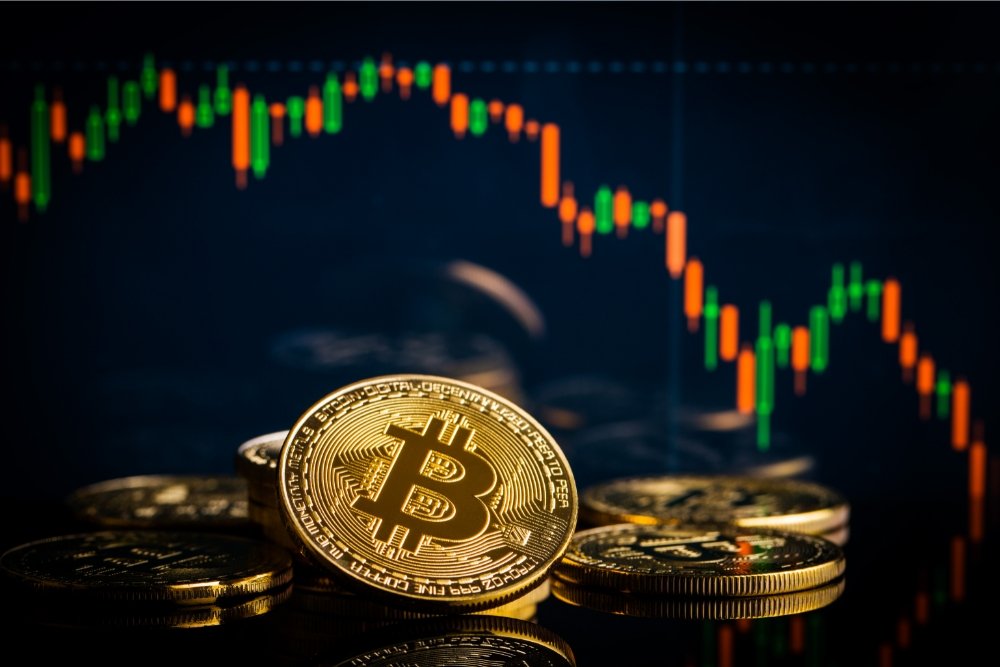NFT (Non-Fungible Token) ticketing is a new and innovative way to sell and distribute event tickets using blockchain technology. Unlike traditional tickets, which can be duplicated or counterfeited, NFT tickets are unique digital assets that cannot be replicated. Each ticket is tied to a specific event and contains information such as the date, time, venue, and seat number.
In this article, we will find what NFT Ticketing is, how it is created, and its benefits for buyers and sellers of tickets.
What is the NFT Ticketing?
NFT ticketing, or Non-Fungible Token ticketing, is a new development in the event ticketing world. NFTs are specific assets stored on a blockchain, making them verifiable and secure. With NFT ticketing, event organizers can create and sell tickets as NFTs, providing several benefits.
NFT ticketing is an innovative solution that leverages blockchain technology to enhance the ticketing experience. It offers increased security, verifiability, and fan engagement, making it a promising development in event ticketing.
While NFT ticketing is still a relatively new concept, it can potentially revolutionize the ticketing industry. By offering increased security, flexibility, and interactivity, NFT ticketing provides a promising alternative to traditional ticketing systems.
What is an Example of NFT Ticketing?
An example of NFT ticketing is using non-fungible tokens (NFTs) to create unique and verifiable digital event tickets. With NFT ticketing, each key is represented by a digital token stored on a blockchain, making it secure and tamper-proof. These digital tickets can be bought, sold, and transferred just like physical tickets, but with the added benefits of being easily verifiable and resistant to counterfeiting.
Another example of NFT ticketing is using NFTs for music concerts or festivals. Instead of printing physical tickets or traditional digital tokens, organizers can issue NFT tickets linked to a specific event. Attendees can purchase these NFT tickets and store them in a digital wallet, providing a unique and secure entry pass to the event.
What are the Benefits of NFT Tickets?

NFT tickets offer several benefits compared to traditional paper or digital tokens.
First and foremost, NFT tickets are secure and tamper-proof due to their blockchain-based technology. It means they cannot be counterfeited, ensuring that only legitimate ticket holders can access an event or experience. It removes the risk of fraud and provides peace of mind for organizers and attendees.
Another benefit of NFT tickets is their ability to be easily transferred and resold. With traditional tokens, transferring ownership or reselling involves cumbersome processes or even illegal scalping. NFT tickets, on the other hand, can be shared with a simple digital transaction, allowing for seamless resale and secondary market trading. It will enable fans to sell or trade tickets they no longer need while increasing the value of specific sought-after tickets.
Additionally, NFT tickets offer enhanced fan engagement and experiential features. They can be embedded with exclusive content, such as behind-the-scenes footage, artist interviews, or interactive elements, providing ticket holders with a unique and personalized experience. It adds value to the ticket itself and enhances the overall event experience.
How do I Create an NFT Ticket?
Creating an NFT ticket involves a few steps and requires a basic knowledge of blockchain technology. Here’s a general guide on how to create an NFT ticket:
Choose a blockchain platform.
Several blockchain platforms are available for creating and selling NFTs, such as Ethereum, Binance Smart Chain, or Flow. Research and choose the forum that aligns with your needs and preferences.
Set up a digital wallet.
To create and sell NFTs, you’ll need a digital wallet that supports the chosen blockchain platform. Popular wallets include MetaMask for Ethereum or Trust Wallet for Binance Smart Chain. Set up and secure your wallet following the specific instructions for the chosen platform.
Create your artwork or content.
Design the ticket or determine the content associated with your NFT ticket. It can be a unique image, video, music, or any other digital asset representing the ticket.
Mint your NFT
Minting an NFT involves uploading your digital content to the chosen blockchain platform and creating a unique token. Follow the instructions to mint your NFT ticket.
Add metadata and details.
Provide relevant information about your NFT ticket, such as its name, description, edition number (if applicable), and any additional attributes or properties you want to include. This metadata helps potential buyers understand and value your NFT ticket.
Set an amount and list your NFT for sale.
Determine the price at which you want to sell your NFT ticket. You can choose to list it for auction or set a fixed price. Follow the platform’s instructions to record your NFT ticket for sale.
Promote your NFT ticket.
Once your NFT ticket is listed for sale, promote it through social media, online marketplaces, or any other channels where potential buyers might be interested. Building a solid online existance and engaging with the NFT community can increase your chances of selling your ticket.
Remember that the process may be different depending on your chosen blockchain platform and the marketplace or forum where you list your NFT ticket. Doing thorough research and familiarizing yourself with the platform’s guidelines and terms before proceeding is essential.
What is the Difference between NFT Ticketing and Traditional Ticketing?
NFT ticketing is a new form that utilizes blockchain technology to create unique digital assets for events. On the other hand, traditional ticketing typically involves physical or digital tickets that are easily replicable and interchangeable.
One of the critical differences between NFT ticketing and traditional ticketing is the concept of ownership. With NFT ticketing, each ticket is represented as a unique digital asset stored on a blockchain. It means the ticket holder has proof of ownership and can transfer or sell the token as they please. In contrast, traditional tickets are often tied to the purchaser’s name and cannot be easily moved or resold.
Another difference is the level of security and fraud prevention. NFT ticketing utilizes blockchain technology, which is highly secure and transparent. It makes it difficult for tickets to be counterfeited or scalped, as each NFT ticket is verifiable and traceable. On the other hand, traditional ticketing systems are susceptible to fraud and scalping, as tickets can be easily replicated or resold on secondary markets.
Additionally, NFT ticketing offers opportunities for added value and unique experiences. With NFT tickets, event organizers can attach additional perks or benefits to the digital asset, such as exclusive access to VIP areas or special merchandise. It creates a sense of exclusivity and enhances the overall event experience. Traditional tickets, while still providing access to the event, often do not offer these additional features.
What does NFT Mean for Concerts?
One way NFTs can impact concerts is through ticketing. Traditional concert tickets are often plagued by issues such as scalping and counterfeiting. With NFTs, each ticket can be uniquely coded and verified on the blockchain, ensuring that it is genuine and cannot be duplicated or resold at inflated prices. It protects the artists and fans and creates a fairer and secure ticketing system.
Furthermore, NFTs can also offer exclusive perks and experiences to concert-goers. For example, artists can release limited-edition NFTs that grant holders access to backstage meet-and-greets, VIP experiences, or even the opportunity to collaborate with the artist. These unique digital assets can add value to the concert experience and create a deeper connection between artists and their fans.
Additionally, NFTs can provide a new gross for artists. By minting and selling NFTs of their music, merchandise, or concert recordings, artists can directly monetize their work and engage with fans more personally and directly. It can help artists regain control over their creative output and reduce reliance on traditional music industry structures.
However, it’s important to note that there are also challenges and considerations regarding NFTs and concerts. The environmental impact of blockchain technology used for NFTs and the potential for exclusivity and elitism are valid concerns that need to be addressed.
Conclusion
Using NFT Ticketing offers numerous benefits when compared to traditional methods of selling tickets, including increased security, reduced fees & improved profits, along with easier accessibility & scalability regardless of location – making them perfect for those looking for efficient ways to manage their events/experiences securely online.





